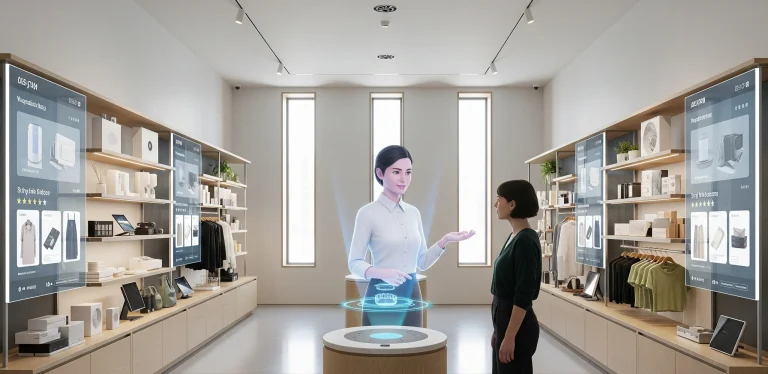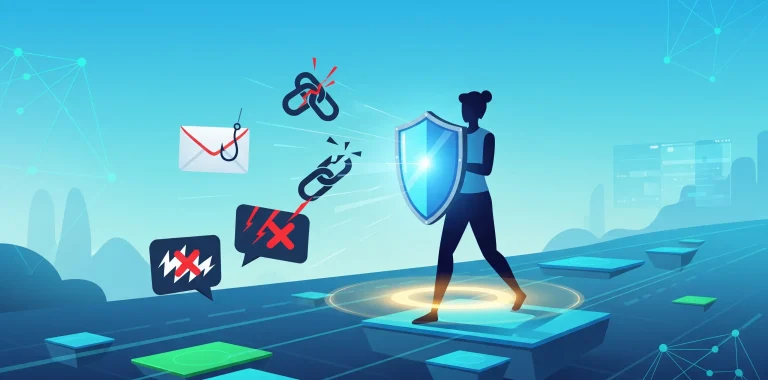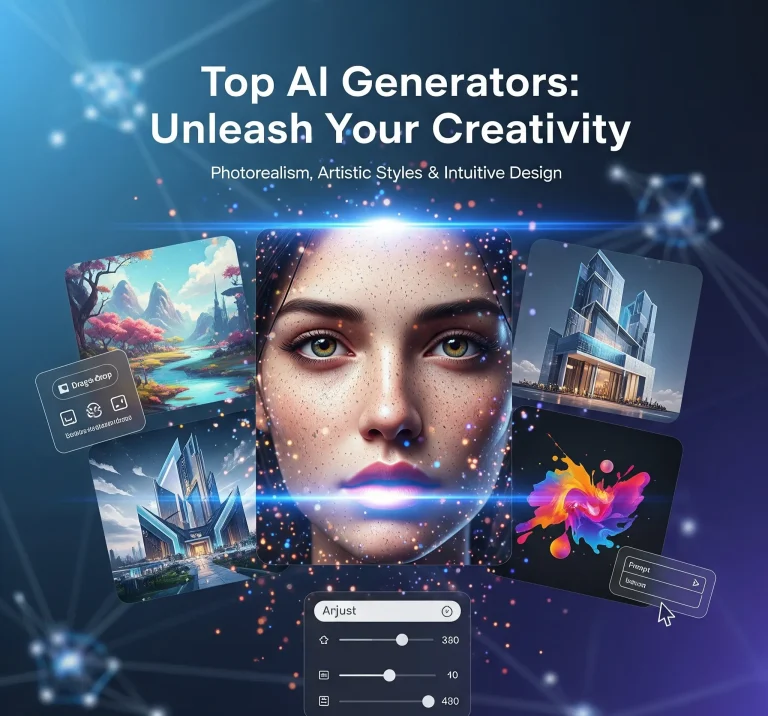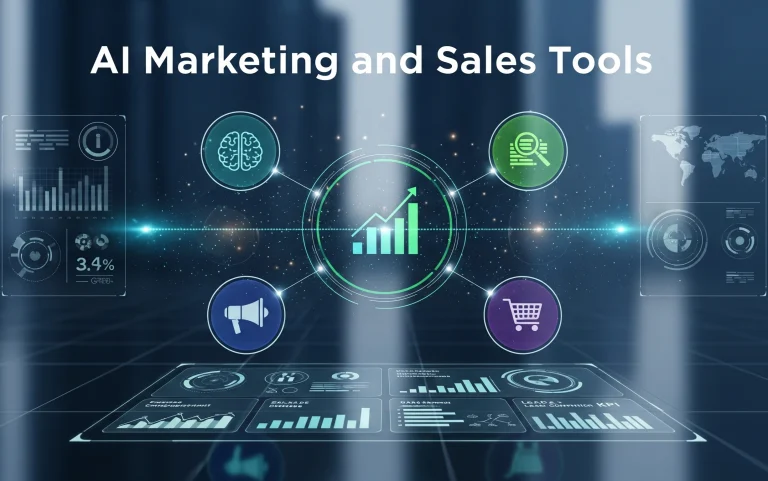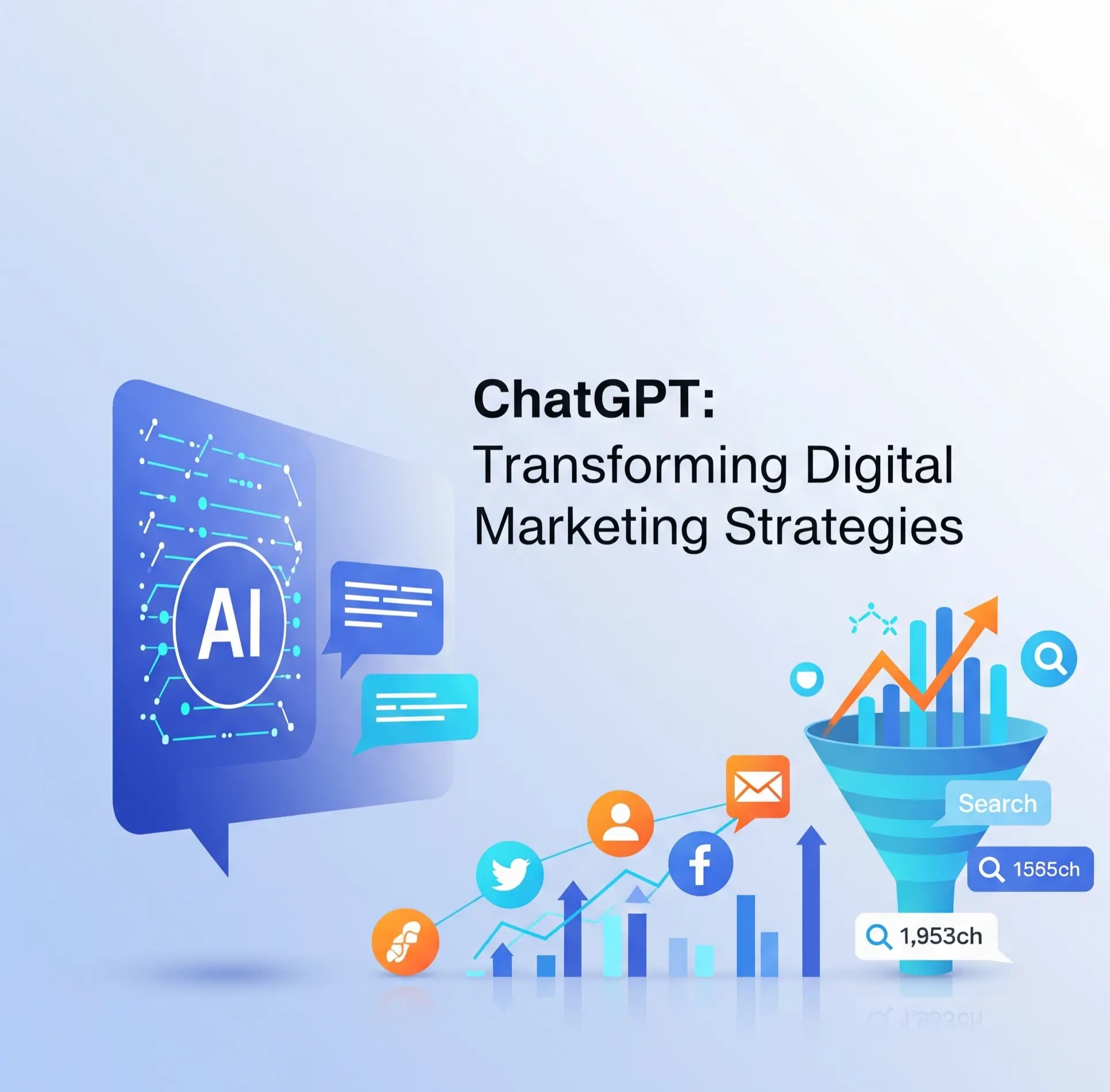
ChatGPT is rapidly changing digital marketing, empowering marketers with a transformative tool for daily tasks. This powerful AI language model is not just about saving time; it’s about unlocking new levels of creativity and efficiency. Still, how exactly can you leverage ChatGPT for digital marketing to its fullest potential without sacrificing the crucial human touch?
Here are 7 proven, actionable strategies to integrate this AI assistant into your marketing workflow, backed by practical examples and best practices.
1. Craft High-Converting Ad Copy (Fast & Efficiently)
One of the most immediate benefits of using ChatGPT for digital marketing is its ability to generate a multitude of ad copy variations at an incredible pace. This allows marketers to A/B test more extensively and discover what truly resonates with their target audience, leading to higher conversion rates.
Why it works: ChatGPT can produce dozens, even hundreds, of unique ad headlines, body copy, and calls-to-action in mere minutes, significantly reducing the manual effort and time typically spent on brainstorming creative ideas.
Example Prompt: “Write 10 Meta ad headlines for an eco-friendly yoga mat targeting millennials. Incorporate elements of humor and urgency to encourage immediate purchase.”
Pro Tip: While ChatGPT excels at generation, always review and refine the output. Tools like Grammarly can help check tone, grammar, and overall readability, ensuring your AI-generated content maintains a professional and on-brand voice.
2. Brainstorm SEO Blog Topics (That Actually Rank)
Identifying SEO-friendly blog topics that attract organic traffic can be a time-consuming process. ChatGPT can serve as your SEO content planner, helping you uncover relevant, low-competition keywords and content ideas that appeal to both your target audience and search engines.
Step-by-Step Strategy
- Generate Ideas: Ask ChatGPT to brainstorm topics. Prompt Example: “Give me 10 low-competition blog topics about ‘sustainable fashion’ for beginners, focusing on search intent and long-tail keywords.”
- Validate with SEO Tools: Use the generated topics and plug them into robust SEO tools, such as Ahrefs, Semrush, or Google Keyword Planner, to validate their actual search volume, keyword difficulty, and competitive landscape. This ensures you’re targeting terms with real potential.
- Refine & Optimize: Once you’ve selected promising topics, use SEO content optimization tools like SurferSEO or Frase to analyze top-ranking content for those keywords and ensure your draft covers all essential points, uses relevant LSI keywords, and is structured for maximum visibility.
3. Automate Customer Service (Without Sacrificing Personalization)
While the human touch remains paramount in customer service, ChatGPT for digital marketing offers powerful ways to automate routine inquiries, freeing up support teams and providing instant responses. The key is to train and prompt the AI to maintain a helpful and personalized tone.
Effective Use Cases
- Automated FAQ Responses: Train ChatGPT on your company’s knowledge base to provide instant, accurate answers to common questions, such as “What’s your return policy?” or “How do I track my order?”
- Personalized Follow-ups: Generate drafts for post-purchase emails, subscription renewal reminders, or onboarding sequences that feel tailored to the individual customer.
Prompt Example: “Write a personalized email to [Customer Name] thanking them for their recent purchase of [Product]. Include a link to a ‘getting started guide’ for [Product] and offer assistance if they have questions.”
4. Create Engaging Video Scripts for TikTok & Reels
Short-form video content dominates social media, but consistently producing fresh, engaging scripts can be challenging. ChatGPT is an excellent content creation AI for brainstorming and drafting video scripts tailored to platforms like TikTok and Instagram Reels.
Prompt Example:
- “Write a 30-second TikTok script promoting a vegan protein powder. The script should use Gen-Z slang, follow a ‘problem-solution-call to action’ format, and be highly engaging.”
Pro Tip: Remember to review the tone and language for authenticity. While AI can generate slang, ensure it feels natural and resonates with your specific audience.
5. Generate Effective Email Campaigns (That Don’t Feel Spammy)
Email marketing remains a cornerstone of digital strategy. ChatGPT can help you draft compelling email marketing campaigns, from lead nurturing to abandoned cart reminders, helping you maintain consistent communication and drive conversions.
Templates & Strategies
- Abandoned Cart Emails: Generate persuasive emails designed to recover lost sales. Research indicates that abandoned cart emails can lead to a significant recovery rate.
- Lead-Nurturing Sequences: Develop multi-day email courses or drip campaigns that deliver value and guide leads through your sales funnel.
- Promotional Emails: Craft compelling copy for product launches, seasonal sales, and special offers.
Tool Integration: After generating drafts with ChatGPT, fine-tune them within your email marketing platform or with AI tools integrated into CRMs, such as HubSpot AI, to personalize and optimize delivery.
6. Optimize for Voice Search with AI Assistance
The rise of voice assistants means optimizing for conversational queries is no longer optional. ChatGPT can be a valuable ally in your voice search SEO strategy, helping you identify and integrate natural language phrases into your content.
How ChatGPT Helps
Long-Tail Keywords: Generate lists of conversational, question-based keywords that users might speak.
- Prompt Example: “What are 10 voice search queries someone might ask to find an organic coffee shop near me?”
FAQ Schema Markup: Crafting effective FAQs for voice search and rich snippets involves a strategic approach to both phrasing and content. By focusing on natural language and concise answers, you can significantly improve your visibility.
7. Analyze Data & Reports
Interpreting complex analytics reports can be daunting. ChatGPT can simplify this process by summarizing key insights and highlighting actionable takeaways, transforming raw data into understandable intelligence for your data-driven marketing decisions.
Prompt Example:
“Summarize this Google Analytics report for my e-commerce store. Highlight the top 3 actionable insights related to user behavior and suggest next steps for improving conversions.”
Note: For sensitive or proprietary data, always exercise caution and avoid directly inputting confidential information into public AI models unless you are using secure, enterprise-level solutions with data privacy agreements. Always double-check the AI’s interpretations against the raw data.
Conclusion
ChatGPT for digital marketing is not about replacing human marketers; it’s about augmenting their capabilities. It serves as an invaluable AI marketing assistant, offering unparalleled speed for content generation, idea brainstorming, and initial data analysis. The true power lies in using it as a “sidekick” – a tool to accelerate your workflow, spark creativity, and handle repetitive tasks.
Always remember to infuse your AI-generated content with human edits, ensuring it aligns perfectly with your brand voice, values, and strategic objectives. This blend of AI efficiency and human creativity is the future of successful digital marketing.
Ready to explore more cutting-edge marketing strategies? Next, discover how short-form video marketing dominates the digital landscape!
FAQs
Find answers to common questions below.
Does ChatGPT generate content truly original for marketing?
While ChatGPT generates unique content, it learns from vast amounts of existing data. Therefore, while it's original in its generation, it's always crucial for marketers to review outputs for true uniqueness and align them with their brand's voice and strategic goals.
What are the main limitations of using ChatGPT in digital marketing?
ChatGPT's limitations include its potential for "hallucinations" (generating incorrect information), a lack of real-time market insights beyond its training data, and the need for human oversight to ensure brand voice, accuracy, and ethical compliance.
Can ChatGPT understand and maintain my brand's specific tone of voice?
Yes, ChatGPT can be trained or prompted to mimic a specific brand's tone and style. By providing examples of your brand's existing content and giving clear instructions, you can guide the AI to generate marketing materials that align with your unique voice.
How can I ensure data privacy when using ChatGPT for marketing insights?
For sensitive or proprietary marketing data, it's crucial to avoid directly inputting confidential information into public AI models. Instead, summarize data or use secure, enterprise-level AI solutions with robust data privacy agreements for analysis.
What are the best practices for prompting ChatGPT for marketing tasks?
Best practices include providing clear, specific instructions, offering examples of the desired output, defining the target audience and tone, and refining your prompts to ensure clarity. The more context you give, the better the marketing output will be.
Will ChatGPT replace human marketers in the future?
No, ChatGPT is not hoping to replace human marketers. Instead, it serves as a powerful AI marketing assistant, automating repetitive tasks, accelerating content creation, and providing insights. It augments human creativity and efficiency, allowing marketers to focus on strategy and innovation.

